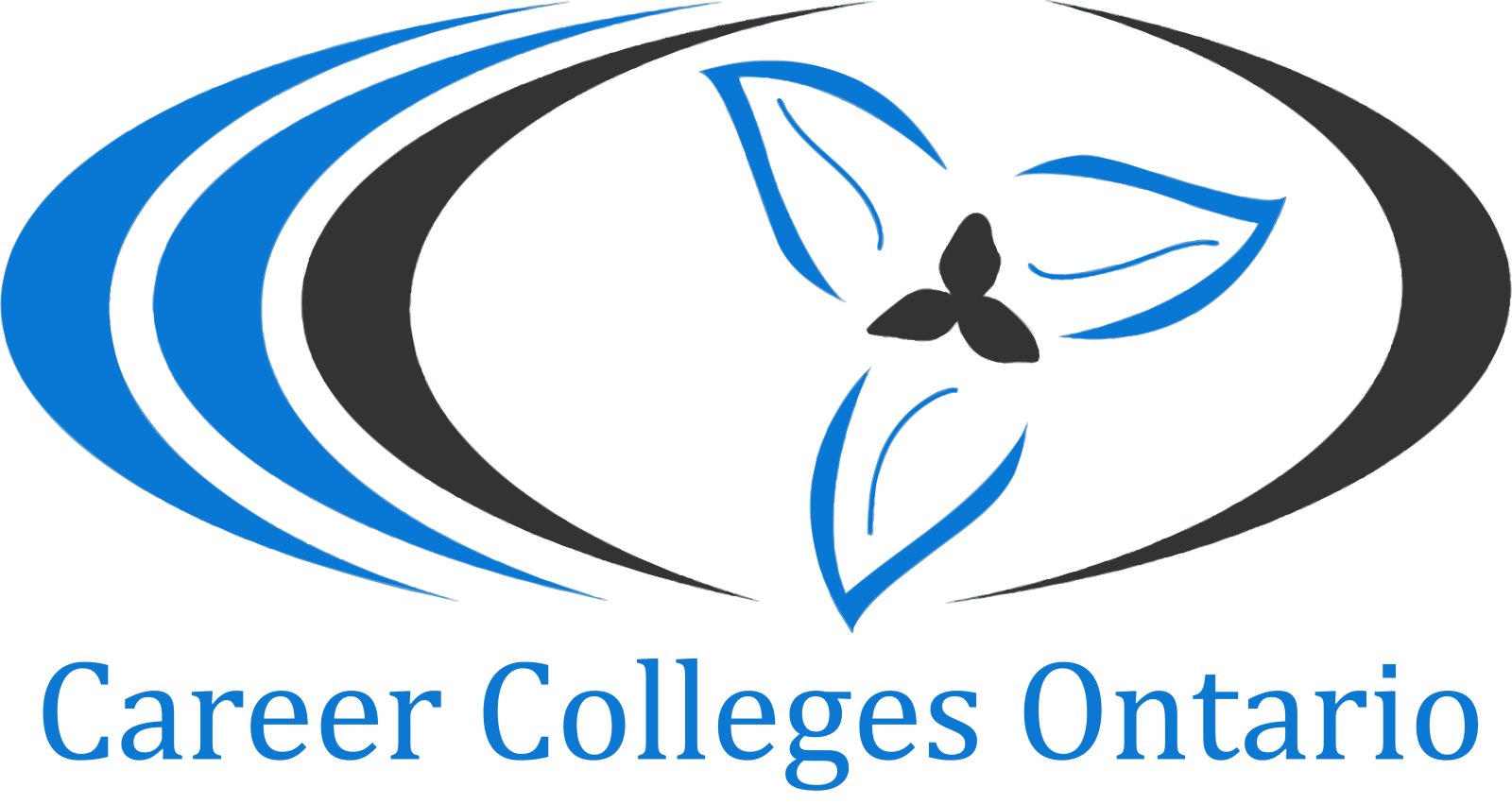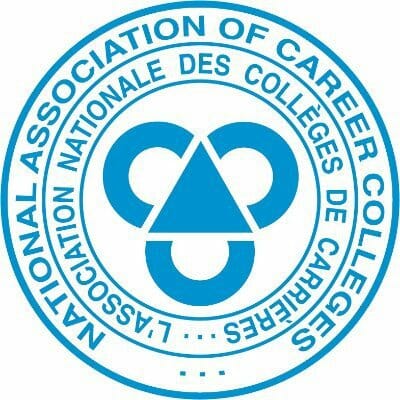Get the Skills to Become a Cinematographer

8-Week Cinematography Certificate Course in Ontario
This comprehensive Cinematography Certificate course is designed to provide aspiring Videographers with the knowledge and skills required to excel in the field of Cinematography and video content creating. This course combines theoretical knowledge, practical exercises, and interactive experiences to provide a hands-on, in-studio learning experience.
Complete this Cinematography Certificate course fully online self-paced or choose one of our popular Hybrid methods (Online Theories with In Person Instructor led Practicals), or Virtual Hybrid (Online Theories and virtual Instructor-led Practicals). Start learning for as little as $450/month.
Start Self-Paced theory anytime, followed by Instructor-led practicals.
The best way to see if GLOW College is the right fit for you is to come and tour the school. You can tour our facilities and meet with students and instructors. Book an appointment now or Get more info.
Expected Outcome
At the completion of this course, students will gain knowledge and practical skills in providing videography and cinematography services to prospective Clients.
Supplies and Equipment
Limited supplies and equipment are provided for in-class demonstrations. Student are required to bring a digital camera of choice or smartphone for hands-on practicals to complete this course.
Pre-Requisites
None.
Is a Career as a Videographer Right for You? Take the Glow College Videography Career Training Readiness Quiz
This fun, online quiz takes 3-minutes to complete and you’ll get a personalized report. Identify your strengths and social style plus the training and positions you’re best suited for. Get Your Career Training Readiness score now.
LendCare Financing
GLOW College offers a NEW 0% Financial Aid option through LendCare. LendCare offers an easy-to-use, online financing solution, with express credit decisions, accessible from anywhere you are, 24/7.
Enrollment Terms:
Fees include Tuition and free Virtual Seat assignment. Digital Certificate will be issued upon completion of all lessons, assessments, and upon final payment (where applicable). Non-refundable once paid. This program does not require approval under the Ontario Career Colleges Act, 2005.
Course Outline:
Introduction to Cinematography
- Introduction to the course and instructor
- Overview of cinematography and its role in storytelling
- Exploring different types of cameras and their features
- Understanding the basics of exposure: aperture, shutter speed, and ISO
- Hands-on activity: Practicing camera controls and basic shots
- Introduction to film making: pre-production, production, and post-production
- Understanding the roles and responsibilities of the cinematographer
- Elements of visual storytelling: composition, framing, and camera movement
- Hands-on activity: Shooting basic scenes to practice composition and camera movement
Camera Operation and Techniques
- Exploring camera operation techniques: focus, zoom, and exposure control
- Introduction to camera movement techniques: pans, tilts, and tracking shots
- Hands-on activity: Practicing camera operation and movement techniques
- Understanding lenses and focal lengths: their impact on perspective and composition
- Exploring different types of shots: wide shots, close-ups, and establishing shots
- Hands-on activity: Shooting scenes using various lenses and shot types
Lighting Techniques
- Introduction to lighting principles and techniques
- Understanding the qualities of light: intensity, direction, and color temperature
- Basic lighting setups: three-point lighting and natural light
- Hands-on activity: Setting up basic lighting for different scenes
- Advanced lighting techniques: using diffusers, reflectors, and gels
- Creating mood and atmosphere through lighting
- Hands-on activity: Experimenting with advanced lighting setups
Cinematic Composition and Framing
- Principles of cinematic composition: rule of thirds, leading lines, and symmetry
- Exploring different framing techniques: wide-angle, close-up, and over-the-shoulder
- Hands-on activity: Practicing composition and framing techniques in various scenes
- Understanding visual storytelling through shot sequencing and shot-reverse-shot technique
- Exploring camera angles and their emotional impact
- Hands-on activity: Shooting scenes using different camera angles and shot sequencing
Production Design and Art Direction
- Introduction to production design and art direction
- Importance of set design, props, and costumes in visual storytelling
- Hands-on activity: Designing and setting up a scene with proper production design
- Exploring color theory and its role in cinematography
- Using color palettes and color grading for storytelling purposes
- Hands-on activity: Experimenting with color grading and its impact on the mood of a scene
Sound Design and Editing Session
- Introduction to sound design and its significance in film making
- Techniques for recording high-quality audio on set
- Hands-on activity: Recording and editing audio for a scene
- Introduction to video editing software and workflow
- Basics of editing: assembling footage, cutting, and transitions
- Hands-on activity: Editing scenes and creating a short film
Advanced Techniques
- Exploring advanced camera techniques: slow motion, time-lapse, and aerial shots
- Hands-on activity: Practicing advanced camera techniques
- Exploring special topics in cinematography and videography (e.g., documentary filmmaking, music videos, or commercial production)
- Hands-on activity: Choosing a special topic and shooting a scene or short film in that genre
Post-Production
- Introduction to visual effects and post-production techniques
- Hands-on activity: Adding visual effects to a scene or short film
Final Projects
- Final projects and critique
- Reviewing and providing feedback on the final projects
- Reflection on the progress made throughout the course
- Discussion on future cinematography and videography goals
Is a Rewarding Career as a Cinematographer Right For You? Get More Info…
If you’re interested in learning more about careers in Cinematography and exploring whether GLOW College is right for you, fill out the form on this page to receive more information.
For immediate questions, call 905-453-9456


